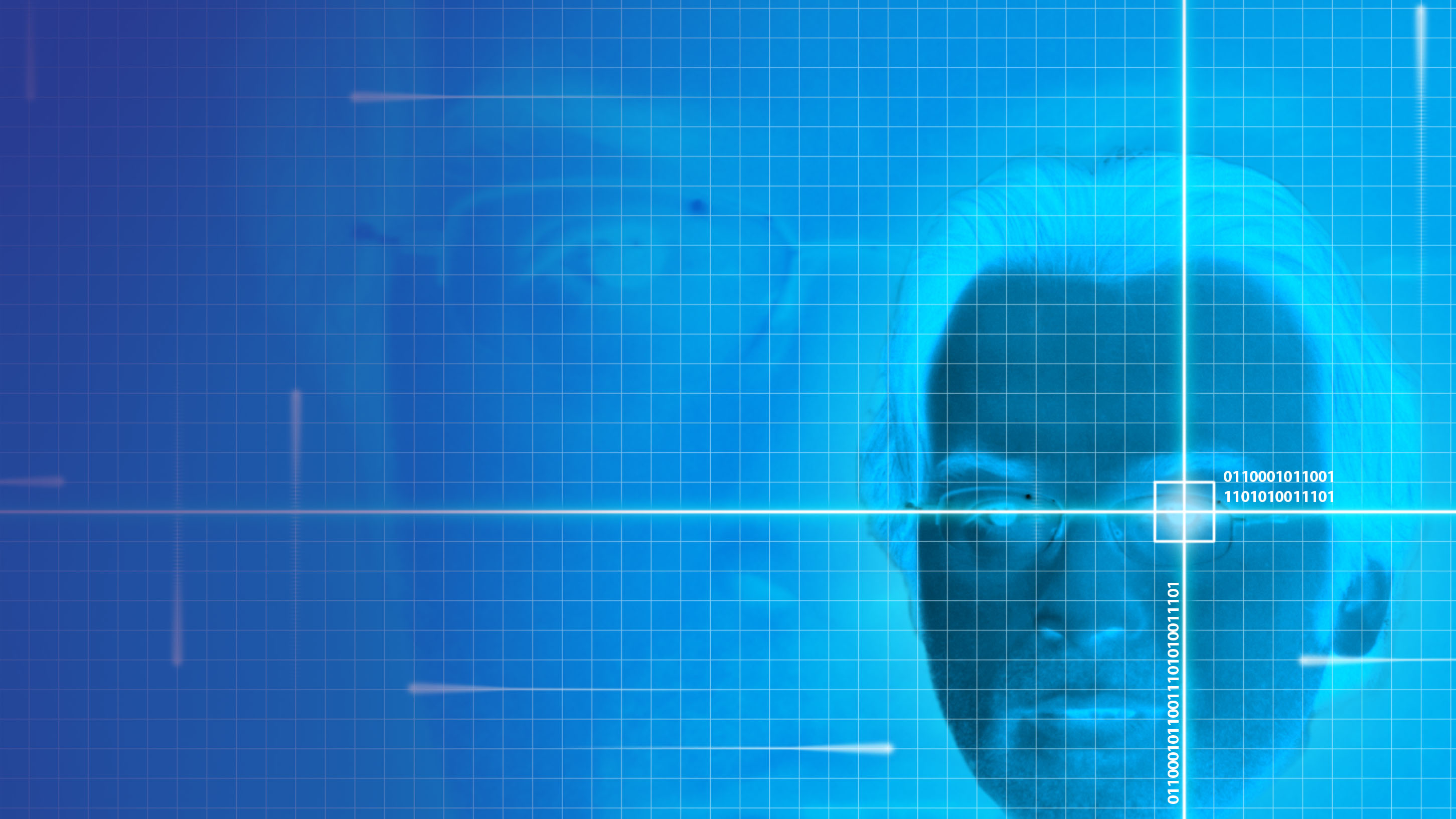Another big British bank thinks selfies make better biometrics
HSBC's biometric master plan rolls on with selfie verification for business accounts

HSBC is now letting business customers open and verify a bank account by using a photo and facial recognition.
The idea is that you'll be able to take a simple selfie on your phone, and that can be used with the bank's app to verify your identity for security purposes – although obviously you'll need to provide an image from an ID document previously to compare the picture against, such as a passport photo.
As the Independent reports, HSBC's head of global propositions for commercial banking, Richard Davies, noted: "Through simplifying the ID verification process, we'll be able to save our business customers time and open accounts quicker."
He said that he expected the convenience of selfie verification would lead to it being adopted by many customers, as it means they don't have to go to a local branch to carry out the process.
Biometric master plan
Again, note that this is just for business customers at the moment, but a broader rollout could be in the works. After all, HSBC has already shifted to using biometrics – fingerprint and voice recognition – for its online banking services rather than the traditional password and memorable data combinations.
Indeed, over the course of the summer HSBC has been engaged in what it described as the "largest planned rollout of voice biometric security technology in the UK", across some 15 million First Direct and HSBC customers. The bank is evidently keen to be seen as at the forefront of security in the industry, and selfie verification is the latest step it has taken to stay there.
Although regarding facial recognition, we've recently heard concerns that systems can be compromised using image trickery – and we're talking about easily sourced images of victims from the web, which don't have to be of any great quality, as recent research showed.
Sign up to the TechRadar Pro newsletter to get all the top news, opinion, features and guidance your business needs to succeed!
- Also check out: Behavioural biometrics – the future of security
Darren is a freelancer writing news and features for TechRadar (and occasionally T3) across a broad range of computing topics including CPUs, GPUs, various other hardware, VPNs, antivirus and more. He has written about tech for the best part of three decades, and writes books in his spare time (his debut novel - 'I Know What You Did Last Supper' - was published by Hachette UK in 2013).